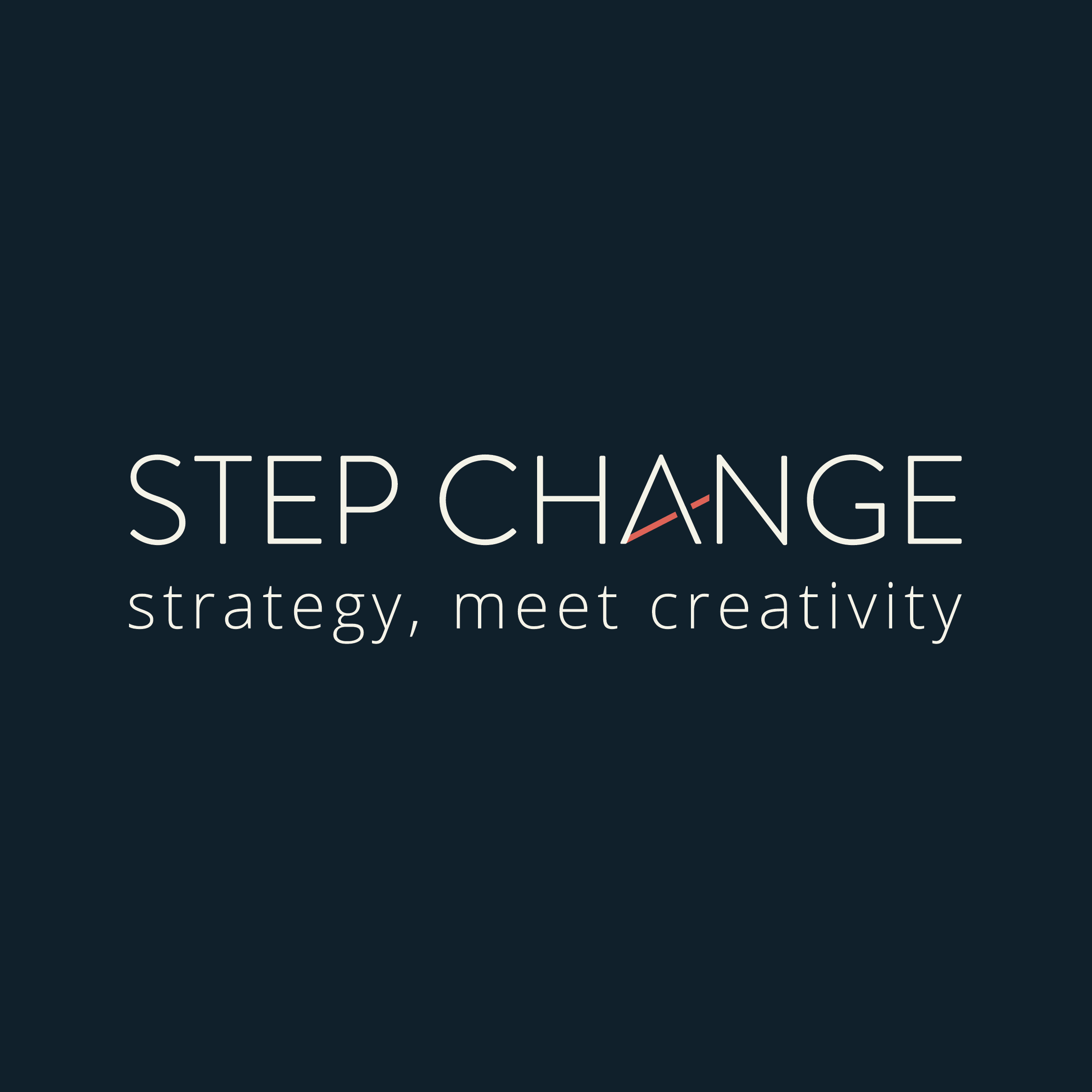Make your business stand out from the competition in 2017 with these three digital marketing hacks. The rise in digital technology means most people can usually be found carrying a mobile device or laptop. The landscape of marketing online is very different from the traditional approach of brochures and television ads. These three tips will no doubt be fuelling the way businesses should market in the next few years.
1. Email Segmentation
Email marketing remains the vehicle boasting the highest ROI as an online marketing strategy. The average company attributes 23% of their sales to email marketing. The power that fuels this marketing hack lies in email segmentation.
Email segmentation is where contacts in a business’s database is segmented into lists that dictate their particular interests. Over time, as you interact with your customers, the data you collect will give you a clearer understanding of the kind of content and interactions that they’re more likely to engage with.
This means more precision when you contact your customers. You’ll get a clearer idea of how likely they are to ‘care’ about what you’re sending them. The benefit of precision is, people are more likely to read your emails / share content or be more receptive next time you send them an email.
2. AdWords for Ranking
The Google ranking for your business’s website is important as customers are more likely to click on the first few links showing rather than scan through several pages. Google updates their search rank algorithm every single year, meaning the criteria for ranking on the first page gets exponentially harder as more websites spring up — especially competitors with deeper pockets and a better web strategy.
Related topic: The Immutable Laws of Digital Marketing
However, there’s a quick way to ensure you’re ranking for the keywords (or search terms) you want to — you can purchase keywords and open up an AdWords account on Google. These are paid spots to rank higher for certain keywords. Businesses get the opportunity to play with the content on these ads and bid on keywords that match their content and based on the relevancy of the content, these ‘ads’ that link to your website will show up within the first three links on Google.
3. Landing Page Optimisations
What happens when someone clicks one of your online ads? What does the landing page look like and when was the last time you thought about how to ensure this webpage converts them and pushes them into the sales funnel?
Every time someone lands on your website, you need to be thinking of ways to convert them. This can be through content offerings or even driving the lead to different landing pages with data capture.
Related topic: Intuitive Design: Customer Journey Mapping
Some ideas you can implement include having a form on any page with details of services/goods you provide or allowing a ‘free download’ of an ebook or other content pieces where the user has to enter their contact details. Every time you ask a web lead for their contact details, you need to think about what you’re offering them to get their data. If you make this compelling enough, this means you’re getting the contact details of someone who is genuinely interested in whatever you’re offering them.
Once you have their data, this gives you an opportunity to sign them up to a mailing list where you send them the content they asked for and then every few weeks, send them similar pieces of content they might be interested in. This is also known as lead nurturing. Once you get a sense of the level of engagement they have, you can inform your sales team that it’s time to progress them further down the sales funnel and perhaps even start a sales conversation.
Master these three digital marketing tips to drive more revenue for your business. Want more information on how to leverage your digital assets? Let’s chat.
This blog article is seen first at The Invoice Market Blog.
Written by Lina Lau, Digital Executive at Step Change
 Lina’s natural flair for Java code meant she was presenting theories to her own lecturers before even graduating. A computer science and law major, she brings unique ‘systems meet psychology’ approach to marketing and strategy. Strategic problem-solver at heart, she honed her tech skills by teaching herself how to hack and understanding crypto currencies. Her diverse range of skills and natural love for entrepreneurship and understanding businesses led her to Step Change.
Lina’s natural flair for Java code meant she was presenting theories to her own lecturers before even graduating. A computer science and law major, she brings unique ‘systems meet psychology’ approach to marketing and strategy. Strategic problem-solver at heart, she honed her tech skills by teaching herself how to hack and understanding crypto currencies. Her diverse range of skills and natural love for entrepreneurship and understanding businesses led her to Step Change.



![Why Your Marketing Plan Will Fail [Marketing Plan Template]](https://blog.hellostepchange.com/hubfs/BLOG/Posts/3-Scale/marketing-plan.jpg)








